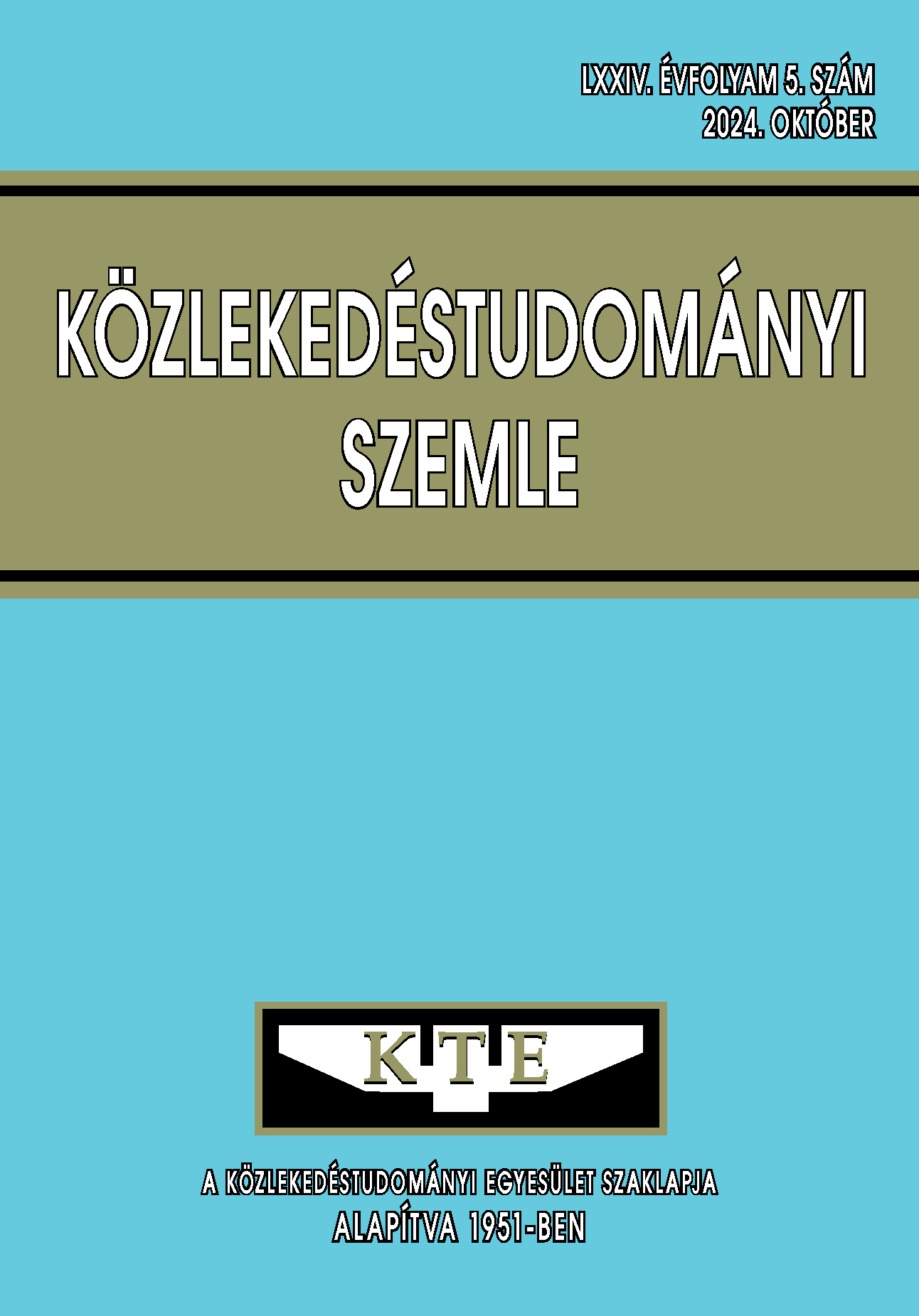Investigation of the possibilities for detecting motor insurance fraud using fuzzy inference
Abstract
Insurance fraud occurs when a claimant tries to gain financial benefits by making an unfounded, unjustified claim. These cases can cause serious economic damage. Consequently, fraud detection is a key issue at present, especially in the motor insurance market. Soft computing techniques have emerged in recent decades to model and support problem detection. In the framework of this paper, a theoretical Mamdani-type fuzzy inference system is presented for predicting the assumed probability of insurance fraud using easily determinable parameters: the insurance payout, in Ft; the age of the not faulty participant vehicle, in years; and the payment period of the insurance contract.
Articles published electronically are open access (OJS), freely available online and can be downloaded. Authors of articles are not charged any publication or publishing costs (APC). Users have the right to read, download, copy, print, and search the articles, or share the full text with a link.
Authors must declare that their submission has not been previously published in another journal, that financial support has been acknowledged, and that the list of references is complete and accurate, including specification of URLs and DOIs (if available). When submitting a draft article, each author approves the submitted version. Authors guarantee that the article is their original work. Authors are required to participate in the peer review process, follow the advice of reviewers, meet the prescribed deadlines, and, if any, withdraw the submission or correct errors.
All submitted articles are subject to peer review, where the editors request an independent evaluation from at least one expert, ensuring that the reviewer(s) have no conflicts of interest with the authors. The final decision is made by the Editor-in-Chief, who takes into account the evaluations and the suggestions of the editors. The editors and reviewers treat the submission confidentially.
The publisher and editors are committed to maintaining high ethical standards and to preventing publications that involve research misconduct. They follow the COPE guidelines on such ethical issues.
The authors retain copyright and grant the journal the right of first publication under the Creative Commons License (https://creativecommons.org/licenses/by-nc-nd/4.0), which allows others to share the work, while acknowledging the authorship of the work and the first publication in the journal.
The journal archives all published articles, and the journal's owner, the Hungarian Society of Transportation Sciences, will continue to operate the database even if the journal ceases to be published.















